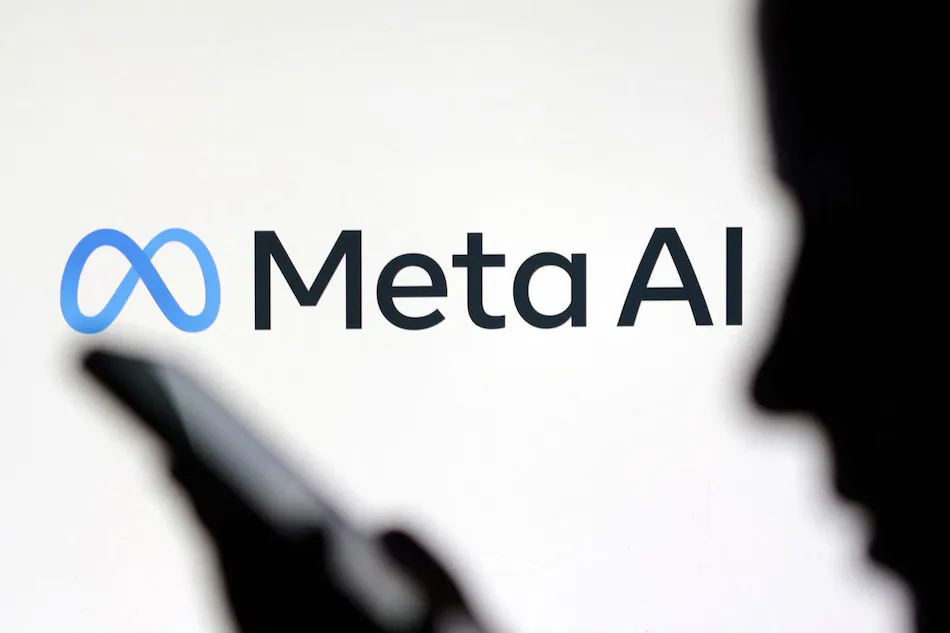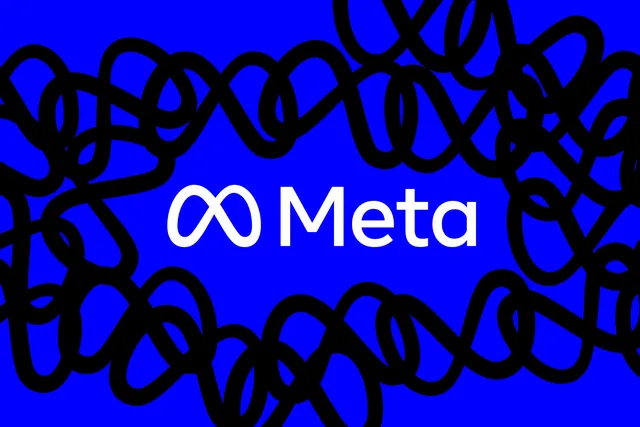Meta is letting the US military and defense contractors use its Llama AI model for national security purposes.
Meta is stepping into new territory with its AI ambitions, opening the doors for U.S. government agencies and contractors to leverage its latest open-source AI model, Llama 3, in national security applications. This bold move, announced Monday, signals Meta’s intensified commitment to advancing AI for strategic purposes, with plans to partner with major tech firms like Amazon, Microsoft, IBM, Lockheed Martin, and Oracle to ensure Llama becomes a crucial tool for the government.
Meta’s decision to collaborate with defense-adjacent industries underlines the shifting landscape of AI development, where advancements in machine learning are being tailored to meet the demands of modern governance, security, and data intelligence. While Meta’s “acceptable use policy” restricts the Llama 3 model’s application in direct military combat, nuclear activities, and espionage, the policy still allows for a range of other critical uses by defense contractors and national security agencies. Potential applications include improving logistical coordination, tracking financial networks tied to terrorism, and bolstering cyber defenses—a new direction that underscores Meta’s focus on leveraging AI for societal security and defense without crossing into direct warfare.
Powering National Security with Advanced AI Capabilities
Meta’s collaboration on national security applications builds upon the AI capabilities of Llama, a model designed to offer sophisticated data synthesis, predictive analytics, and adaptive learning. Oracle has already begun deploying Llama to streamline complex technical processes, such as synthesizing maintenance documentation for military aircraft, which allows technicians to diagnose and repair issues more efficiently. Meanwhile, defense giant Lockheed Martin is harnessing Llama to generate code and perform in-depth data analysis, reinforcing the potential of AI to improve operational precision and productivity in national defense sectors.

These partnerships highlight the role that advanced AI can play in reshaping logistical and data challenges across sectors as diverse as defense, law enforcement, and homeland security. As Meta CEO Mark Zuckerberg hinted in the company’s third-quarter earnings call, this engagement with the government could lay the groundwork for a broader transformation in how public sector entities integrate AI into their workstreams.
The Global AI Arms Race and Meta’s Strategic Positioning
This collaboration arrives amid heightened global competition in AI. Just last week, Reuters reported that Chinese researchers had leveraged Meta’s earlier Llama 2 model to develop an AI system for their own military. While Meta downplayed this revelation, noting that the outdated model’s usage in China has limited relevance, the company emphasized the need for the U.S. and allied nations to remain at the forefront of AI innovation. Meta’s spokesperson pointed out that “China is already investing more than a trillion dollars” to gain a competitive edge in AI, underscoring the urgent need for American open-source models like Llama to lead and outpace rivals.
Meta has also highlighted the strategic importance of fostering a democratic AI ecosystem in its communications. In a recent statement, Meta outlined its vision of open-source AI as a powerful counterbalance to closed, state-controlled AI systems emerging from China and other nations. According to Meta, bolstering AI innovation within the U.S. is vital not only for the country’s national security but also for the wider democratic world, which faces growing threats from authoritarian regimes wielding AI as a tool of control.
AI in Military and Security: A Broader Trend
Meta’s foray into national security partnerships mirrors a broader movement in the AI sector, with other tech giants similarly establishing connections to defense and government entities. For instance, Microsoft has recently provided cloud computing resources to the U.S. Africa Command, enabling access to tools from OpenAI, a company at the forefront of generative AI. Likewise, Google DeepMind, another major player in the AI industry, has secured cloud computing contracts with the Israeli government. Together, these collaborations signal a new wave of tech-government partnerships where advanced AI models contribute to security, data analysis, and more nuanced policy and logistical decision-making processes.
Llama’s Potential: Practical Applications for Enhanced National Security
Llama’s application in U.S. national security extends beyond high-stakes defense uses. Meta envisions its AI technology transforming how government agencies manage intricate tasks like large-scale logistics, emergency response planning, and surveillance for financial crimes. With the model’s advanced data-processing capabilities, Llama could streamline workflows that currently rely on manual input, reducing both human error and operational inefficiencies.
The model could also play a role in cyber defense—a critical area of focus as cyber threats from state and non-state actors continue to rise. Llama’s capacity for real-time data analysis makes it an asset for identifying anomalies in network traffic, flagging potential intrusions, and supporting cybersecurity teams in mitigating attacks before they escalate.
Meta’s Vision: An Open AI Ecosystem for Democratic Societies
For Meta, the decision to collaborate with the U.S. government isn’t just about advancing technology; it’s a philosophical stance on the direction AI should take in global society. By promoting open-source models like Llama, Meta seeks to enable transparency and collective ownership of AI tools, providing alternatives to closed, proprietary AI systems that authoritarian states might leverage to stifle freedoms.
As Meta builds its relationships with government and defense contractors, it positions Llama as a uniquely American model—one that could serve as a global standard in the AI race, representing democratic ideals of openness, accountability, and innovation.
The Road Ahead for Meta and Llama in National Security
Meta’s pivot towards national security marks a significant milestone in its evolution from a social media powerhouse to a technology company with influence in the public sector. With Amazon, Oracle, Lockheed Martin, and other tech leaders now building on Llama, the model’s impact may soon extend far beyond the confines of Silicon Valley, becoming a valuable asset in safeguarding democratic societies.
As the AI race accelerates, Meta’s Llama could become a model that shapes the future of national security—not only enhancing the operational efficiency of government agencies but also establishing a framework for how democratic countries harness AI responsibly and ethically.










